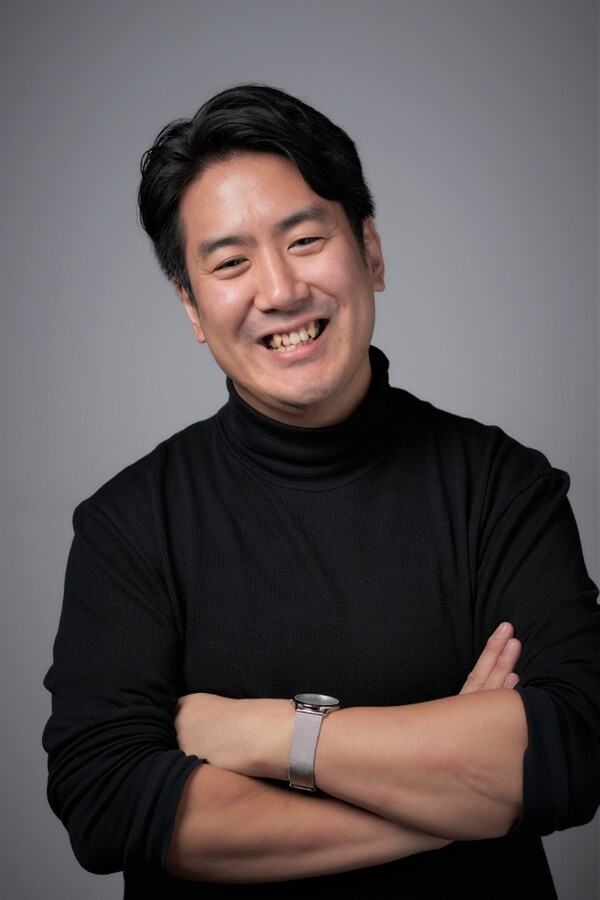Chang Dong-seon, CEO of Curious Brain Lab
Not long ago, neuroscientists and psychologists began exploring the concept of “power.” To study something experimentally, scientists must first define it. In this context, power is understood as “the ability to substantially influence others.” When do we influence others’ lives, and at what moments does one person or group hold more power than another? These questions delve into the mechanisms by which power is formed and assigned within our brains.

The financial, military, and political power defined by political scientists and sociologists as constitutive of “power” are all effective tools for one person to influence another. Niccolò Machiavelli's 16th-century book The Prince is often cited as a guide to using these tools. At the heart of Machiavellian power lies the use of force through military strength, deception through lies, emotional detachment, and the strategic application of violence. Over the centuries, it has been referenced as a methodology for gaining power in both war and business. But does this view of “power”—as a means to dominate others, oppress the weak, and enforce social stability—still hold true today?
In his book “The Power Paradox: How We Gain and Lose Influence,” psychologist and brain scientist Professor Dacher Keltner, director of the Greater Good Science Center at Stanford University, presents a fresh perspective on power—one that modern science has explored for decades. He contends that we are constantly faced with choices in our lives and that each of us possesses the power to influence others. In today’s social system, power is not something to be earned but something inherently given to all of us. It grows when we act for the greater good of the community, practicing empathy and generosity. Power, he argues, is “the ability or state of mind to influence a larger number of people,” and it is not rooted in domination or oppression, but in the pursuit of collective well-being.
The problem lies in the abuse of power. This occurs when we disregard the influence we have on others, withdraw our concern for their well-being, and act in selfish, short-sighted ways—changes that, in turn, affect the brain itself. Interestingly, when someone is given power, the brain of a person who abuses it undergoes specific changes: a decrease in impulse control and an increase in selfishness and amorality. On the other hand, in the brain of someone subjected to the misuse of power, there is a sharp rise in the stress hormone cortisol, along with heightened anxiety and a deep sense of lethargy.
Keltner’s research focuses on the concept of “acquired antisociality,” a phenomenon in which sudden trauma to the frontal lobe—such as from a car accident or fall—can transform a normally kind person into someone with traits of antisocial personality disorder. Individuals who lose the ability to effectively use the frontal lobe—the brain region responsible for empathy and self-reflection—often struggle to read others’ emotions and intentions. As a result, they are more likely to engage in harmful behaviors such as sexual harassment, swearing at children, or stealing without remorse. Keltner notes that the awareness of power and privilege can have similarly damaging effects. Although our influence is granted by others and should be exercised with empathy and care, the moment we stop considering others, power becomes “something that allows people to justify their impulsive and immoral behavior.”
The greatest harm caused by the abuse of power is that it renders people helpless. Unjust and reckless misuse of power leads to widespread social consequences such as poverty, inequality, and various forms of discrimination based on gender, race, and religion. For those subjected to such abuse, the effects on the brain are profound: increased levels of depression, anxiety, and anger management issues; a weakened sense of community; heightened sensitivity to threats; and an overproduction of stress hormones. It also impairs the brain’s ability to make rational decisions and to envision a hopeful future. This is why the abuse of power must be prevented at all costs.
We must not forget that every one of us is a subject of power. Let us overcome the helplessness caused by the unreasonableness of power abuse and remember that the essence of power is the ability to influence others for good.

Chang Dong-seon is the CEO of Curious Brain Lab and resides in Seoul. He studied Biology at Uni Konstanz, Neuroscience at the International Max Planck Research School, and Cognitive Science at Rutgers University. Chang's career includes roles as an Assistant Professor at Hanyang University and a Researcher at the Max Planck Institute for Biological Cybernetics. He also served as the head of the Future Technology Strategy Team at Hyundai Motor Group. His extensive expertise spans biology, neuroscience, and cognitive science. This column was originally published in Segye Ilbo in Korean on April 2, 2025. -- Ed
Related articles
- [Column] How does the brain deal with the pain of loss?
- [Column] What does our brain believe to be true?
- [Column] Will we ever be able to control AI?
- [Column] Intentions and misunderstandings: who is at fault?
- [Column] What is a considerate mind?
- [Column] If you want to change your brain, get moving
- 86% of nurses experience verbal, physical, or sexual abuse in the medical field
- [Column] What kind of brain do we need in an age of uncertainty?
- [Column] Short-form video addiction rewires and deteriorates the brain

